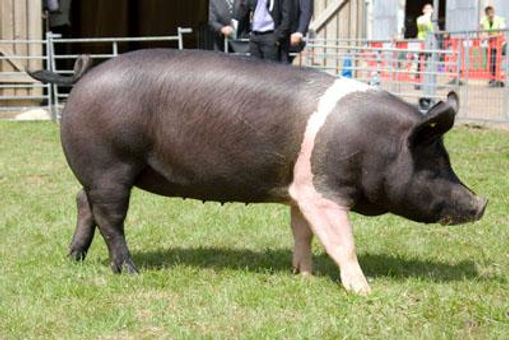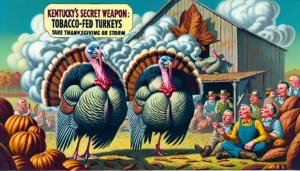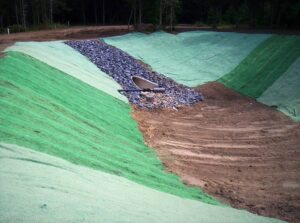
swine.jpg

Swine
Definition
Swine, commonly known as pigs or hogs, are domesticated mammals belonging to the Suidae family. They are raised for various purposes, including meat production, research, and companionship. Understanding the basics of swine farming is essential for successful hog management and profitable operations.
Getting Started with Swine Farming
1. Understanding Breeds:
- Research different swine breeds and select the one that best suits your farming goals, whether it’s for meat production, breeding, or specialty markets.
2. Establishing Facilities:
- Build or modify housing facilities to provide adequate shelter, ventilation, and space for your swine. Consider factors such as climate, terrain, and biosecurity measures.
3. Feeding and Nutrition:
- Develop a balanced diet plan for your swine based on their age, weight, and nutritional needs. Consult with a nutritionist or veterinarian to ensure optimal feed formulations.
4. Health Management:
- Implement a comprehensive health management program that includes vaccination schedules, disease prevention strategies, and regular veterinary check-ups. Monitor swine behavior and body condition to detect health issues early.
5. Reproduction and Breeding:
6. Waste Management:
- Develop a waste management plan to properly handle and dispose of swine waste, including manure and bedding materials. Explore options for waste recycling, composting, or nutrient utilization in crop production.
7. Marketing and Sales:
- Identify potential markets for your swine products, such as local consumers, restaurants, or specialty retailers. Develop marketing strategies to promote your brand and differentiate your products in the market.
8. Continuous Learning:
- Stay updated on the latest advancements and best practices in swine farming through industry publications, workshops, and networking with fellow farmers and experts. Continuously evaluate and adapt your farming methods to improve efficiency and sustainability.
Helpful Resources
- National Pork Board: Provides resources on swine management, research, and industry trends.
- Local Cooperative Extension Offices: Offer educational programs, workshops, and consultations for swine producers.
- Online Forums and Communities: Join online forums or social media groups dedicated to swine farming to connect with fellow farmers and exchange knowledge and experiences.
Conclusion
Swine farming offers opportunities for individuals interested in livestock production and sustainable agriculture. By following best practices, staying informed, and seeking support from relevant resources, aspiring swine farmers can establish successful operations and contribute to the thriving agricultural industry.
Fall off the barn roof and busted your keister? Life on the farm or ranch can be tough on the bum. Need a break? Laugh it off at FarmerCowboy.com, the #1 farm humor site. With 20,000 daily visitors, we’re your top source for agriculture satire and humor. Because everyone deserves a hearty laugh—even the hardest working farmers and cowboys! Join us and turn those long days into fun tales at FarmerCowboy.com.
Originally posted 2007-02-13 10:31:32.
Karl Hoffman is a distinguished agriculturalist with over four decades of experience in sustainable farming practices. He holds a Ph.D. in Agronomy from Cornell University and has made significant contributions as a professor at Iowa State University. Hoffman’s groundbreaking research on integrated pest management and soil health has revolutionized modern agriculture. As a respected farm journalist, his column “Field Notes with Karl Hoffman” and his blog “The Modern Farmer” provide insightful, practical advice to a global audience. Hoffman’s work with the USDA and the United Nations FAO has enhanced food security worldwide. His awards include the USDA’s Distinguished Service Award and the World Food Prize, reflecting his profound impact on agriculture and sustainability.




